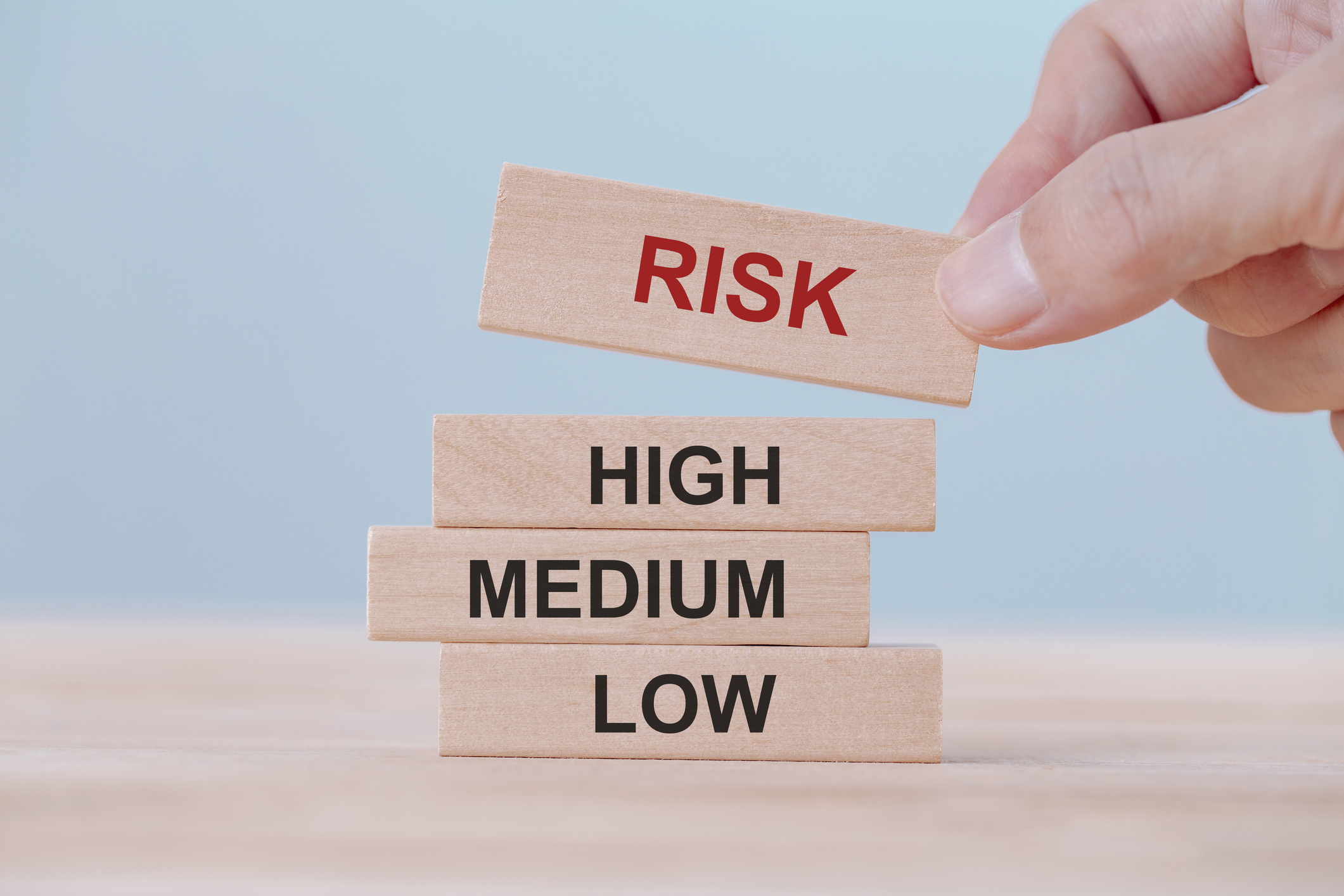The brain plays a crucial role in trading performance, as it is responsible for processing information, making decisions, and regulating emotions. Here are some ways the brain can impact trading performance:
- Emotional regulation: Traders must be able to regulate their emotions, as fear and greed can lead to impulsive and poorly thought out decisions. This can be achieved through mindfulness and self-awareness practices.
- Attention and focus: Traders must be able to maintain focus and attention, even in high-pressure and fast-paced environments. This can be improved through training and development of cognitive skills.
- Pattern recognition: The brain’s ability to recognize patterns can be useful in trading, as it allows traders to identify market trends and make informed decisions.
- Risk assessment: The brain plays a crucial role in risk assessment, as it processes information and determines the potential consequences of different decisions.
- Working memory: Traders must be able to process and retain large amounts of information, which requires a strong working memory.
- Decision making: The brain is responsible for making decisions, and traders must be able to analyze market data and make informed decisions in real-time.
The brain is a complex and dynamic organ, and its impact on trading performance can be influenced by several factors, including genetics, experience, and environment. Understanding the role of the brain in trading can help traders make better decisions and improve their overall performance.



